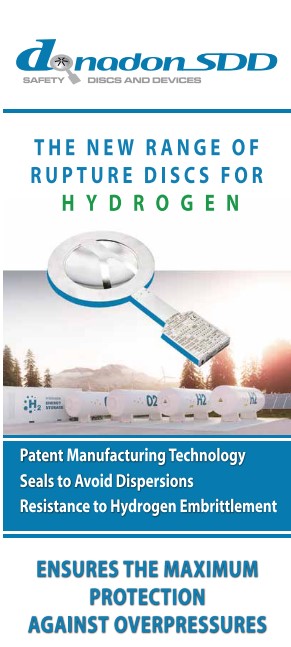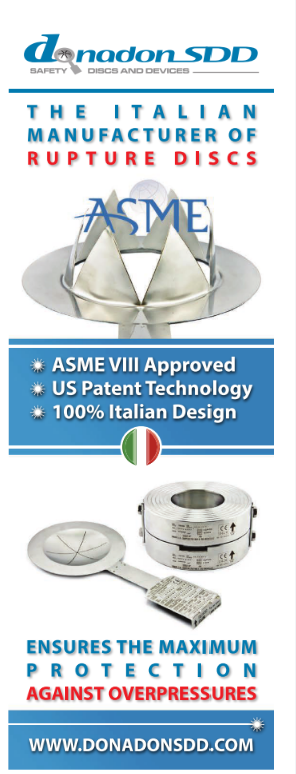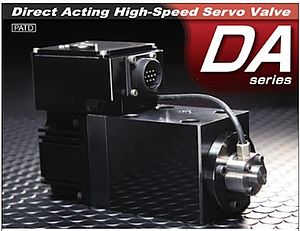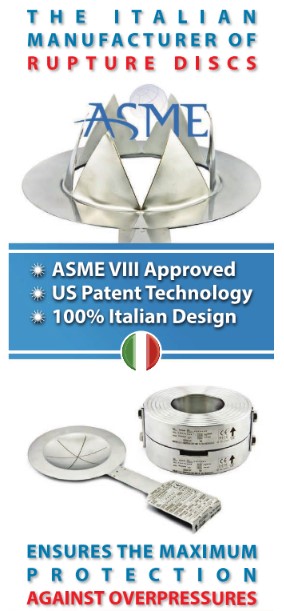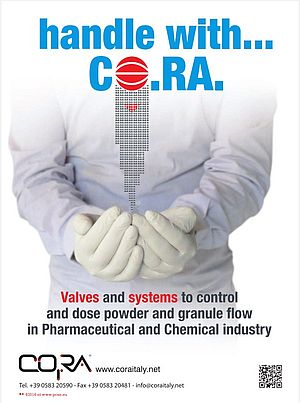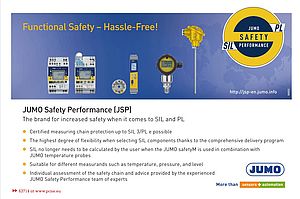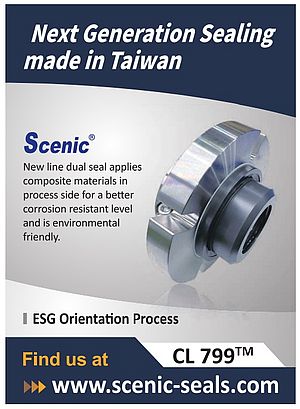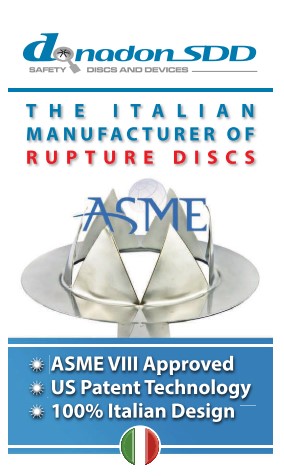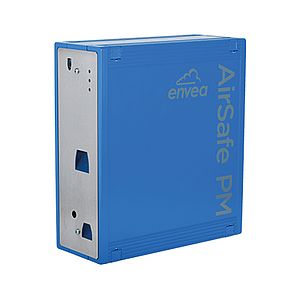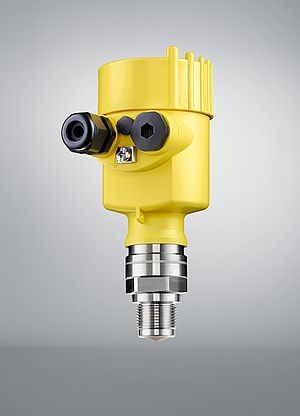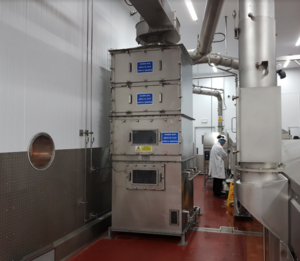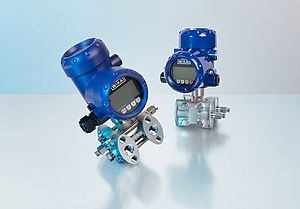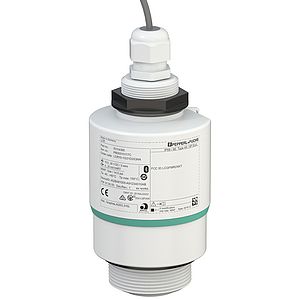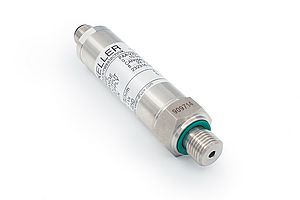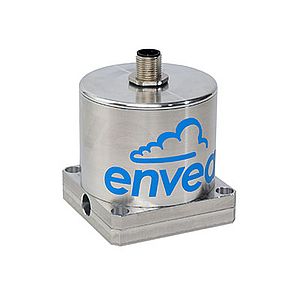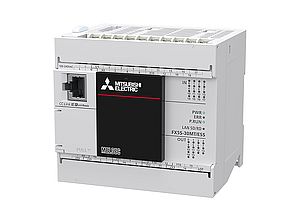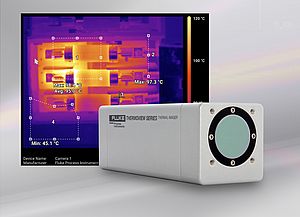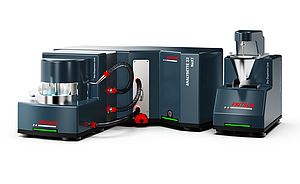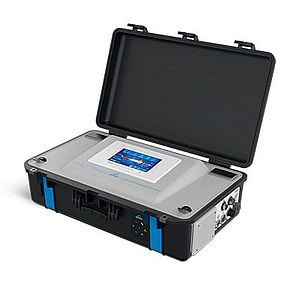PRCI's Emerging Fuels Institute (EFI) has completed a Consensus Engineering Requirement (CER) project to translate and update the pipeline language from the American Society of Mechanical Engineers (ASME) B31.12 Hydrogen Pipelines Standard to create a new hydrogen pipeline exemption chapter in the ASME B31.8 Gas Transmission and Distribution Piping Systems Standard. The resulting report is a comprehensive, practical guide that will support fit-for-purpose projects and help maintain pipeline safety. The final report, including proposed language and project details, and a related webinar are now available FREE of charge on the PRCI website.
Broad community review
"This change will result in more efficient application of clear, consensus-based hydrogen rules for piping systems by consolidating these rules into the standards most commonly used by our industry partners," said Chris Cantrell, ASME senior managing director of standards and engineering services. "ASME would like to thank our volunteers, staff, and PRCI staff and volunteers for working with us to meet the needs of the piping industry and advance the use of hydrogen to promote a clean energy future." More than 200 individuals from ASME, PRCI and the broader pipeline community reviewed the project and provided comments as it progressed.
"This collaborative effort exemplifies PRCI's mission to advance pipeline safety and innovation through research-driven solutions," said Cliff Johnson, president of PRCI. "By combining our Emerging Fuels Institute with ASME's expertise, we've created a practical framework to help standardise hydrogen pipeline requirements within the widely used B31.8 standard. This achievement demonstrates how industry-led research can effectively strengthen standards and accelerate the safe deployment of emerging fuels through the global pipeline infrastructure."














